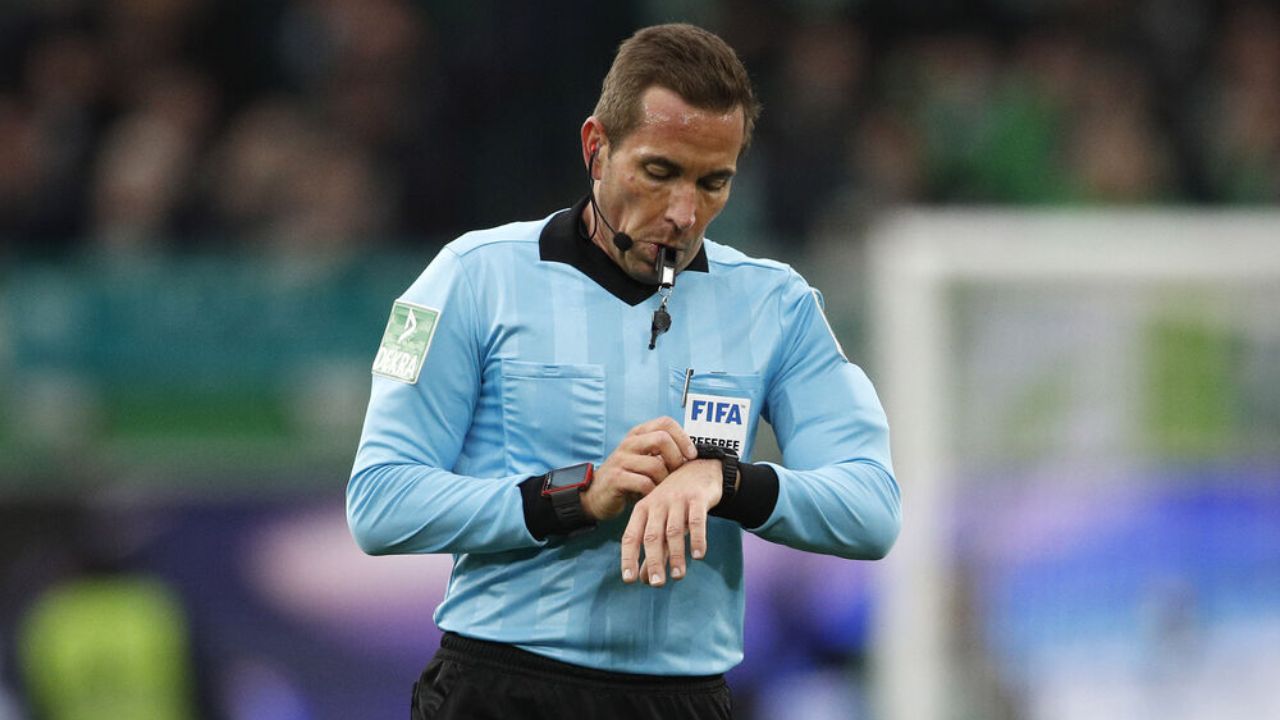Soccer, also known as football in many parts of the world, is the globe’s most popular sport, captivating millions of fans with its thrilling gameplay and strategic depth. Whether you’re a seasoned fan or new to the sport, understanding the duration of a soccer game is crucial. It not only helps in planning your viewing experience but also deepens your appreciation of the game’s structure.
Standard Duration of a Soccer Game
The regulation time for a standard soccer game is 90 minutes, split into two halves of 45 minutes each. Between these halves, there is a 15-minute halftime break where players rest, strategize, and hydrate.
Additional Time
During the game, the clock does not stop for stoppages such as injuries or substitutions. Instead, the referee adds injury time, also known as stoppage time, at the end of each half. The duration of injury time is determined based on the time lost due to various stoppages, typically ranging from one to five minutes per half.
Extra Time in Knockout Stages
In knockout stages of tournaments, if the match ends in a draw after regulation time, extra time is played. Extra time consists of two 15-minute halves, totaling 30 minutes. This additional period gives both teams a chance to break the tie and avoid a penalty shootout.
Penalty Shootouts
If the game is still tied after extra time, it proceeds to a penalty shootout. In this dramatic conclusion, each team takes turns shooting from the penalty mark, with the goal being to outscore the opponent. Penalty shootouts continue until a winner is determined.
Variations in Game Duration
The duration of soccer games can vary depending on the level and context of the match. Youth soccer games are generally shorter, with match lengths varying based on age groups. Similarly, amateur games might not follow the same strict timing rules as professional matches.
Special Circumstances Affecting Game Duration
External factors such as weather conditions can influence the length of a soccer game. Heavy rain, lightning, or extreme heat may cause delays or interruptions. Unforeseen events, such as crowd disturbances or technical issues, can also extend the game time.
Impact of Game Duration on Players
A 90-minute match demands a high level of physical and mental endurance from players. They must maintain their focus, strategy, and energy throughout the game, adapting to the dynamic flow and intensity of play.
Spectator Experience
For spectators, whether attending a live match or watching on TV, understanding the game duration enhances the experience. Knowing when to expect the halftime break and potential extra time helps in planning activities around the match.
Soccer Game Duration in Different Leagues
Different leagues and competitions might have slight variations in match duration rules. For instance, Major League Soccer (MLS), English Premier League (EPL), and international competitions like the FIFA World Cup all adhere to the 90-minute regulation but may have unique protocols for extra time and penalties.
Technological Impact on Game Duration
Modern technology, such as VAR (Video Assistant Referee) and goal-line technology, has impacted game duration. While these technologies ensure fair play, they can also lead to pauses that slightly extend the game’s overall length.
Historical Changes in Game Duration
The rules governing the duration of soccer games have evolved over time. Historically, matches had varied lengths and rules, but standardization has made the 90-minute game a global norm. Significant rule changes, such as the introduction of injury time, have shaped the modern game.
Comparing Soccer Game Duration to Other Sports
Compared to American football, basketball, and baseball, soccer’s 90-minute structure is relatively straightforward. American football games often exceed three hours, basketball games run for about two hours, and baseball games can last even longer due to their open-ended nature.
Conclusion
Understanding the duration of a soccer game provides valuable insights into the sport’s structure and pacing. From the standard 90 minutes to the potential for extra time and penalty shootouts, each aspect of game timing contributes to the excitement and unpredictability that make soccer so beloved worldwide.
FAQs
- How long is a standard soccer game including all stoppages?
- A standard soccer game typically lasts around 95-105 minutes, including injury time added at the end of each half.
- Does the game duration change during tournaments?
- Yes, in knockout stages of tournaments, games can go into extra time and potentially penalty shootouts if the match is tied after regulation time.
- How do referees decide on injury time?
- Referees calculate injury time based on stoppages during the half, including injuries, substitutions, and other delays.
- What is the longest recorded soccer game?
- The longest official soccer game lasted 3 hours and 23 minutes during a 1922 match between Stockport County and Doncaster Rovers in the English FA Cup.
- Why is understanding game duration important for fans?
- Knowing the duration helps fans plan their time, enhances viewing experience, and provides context for the game’s pacing and potential overtime scenarios.

